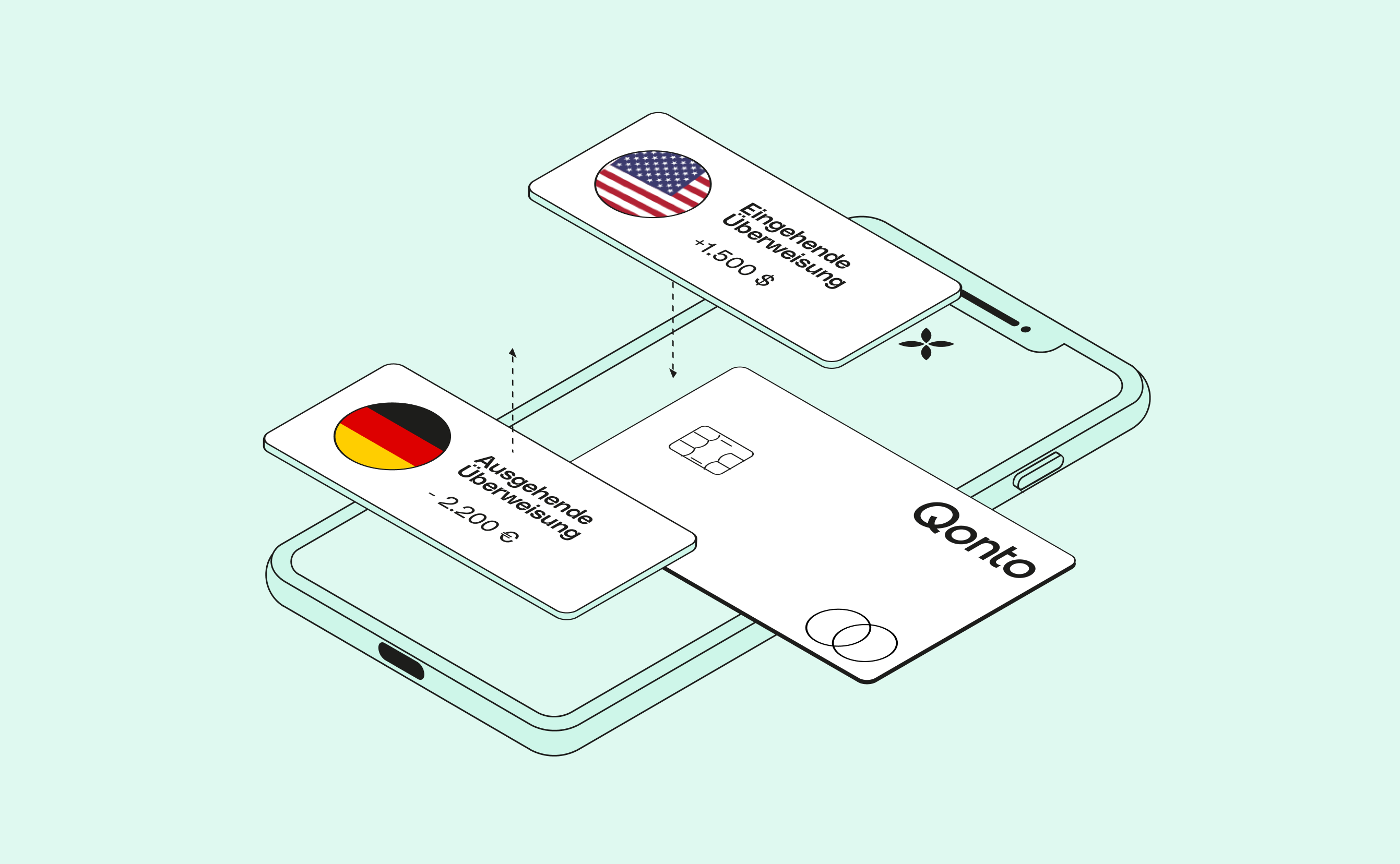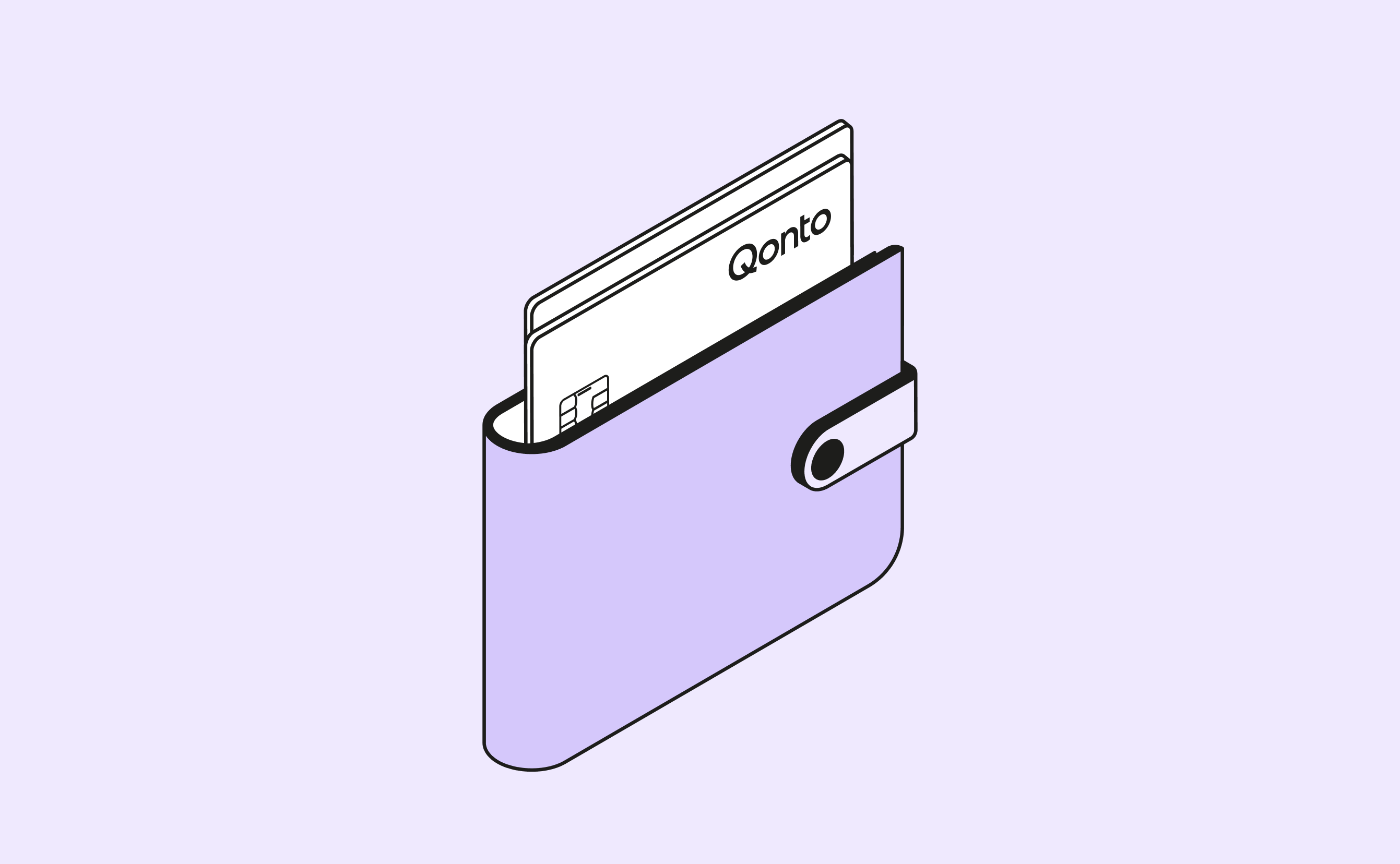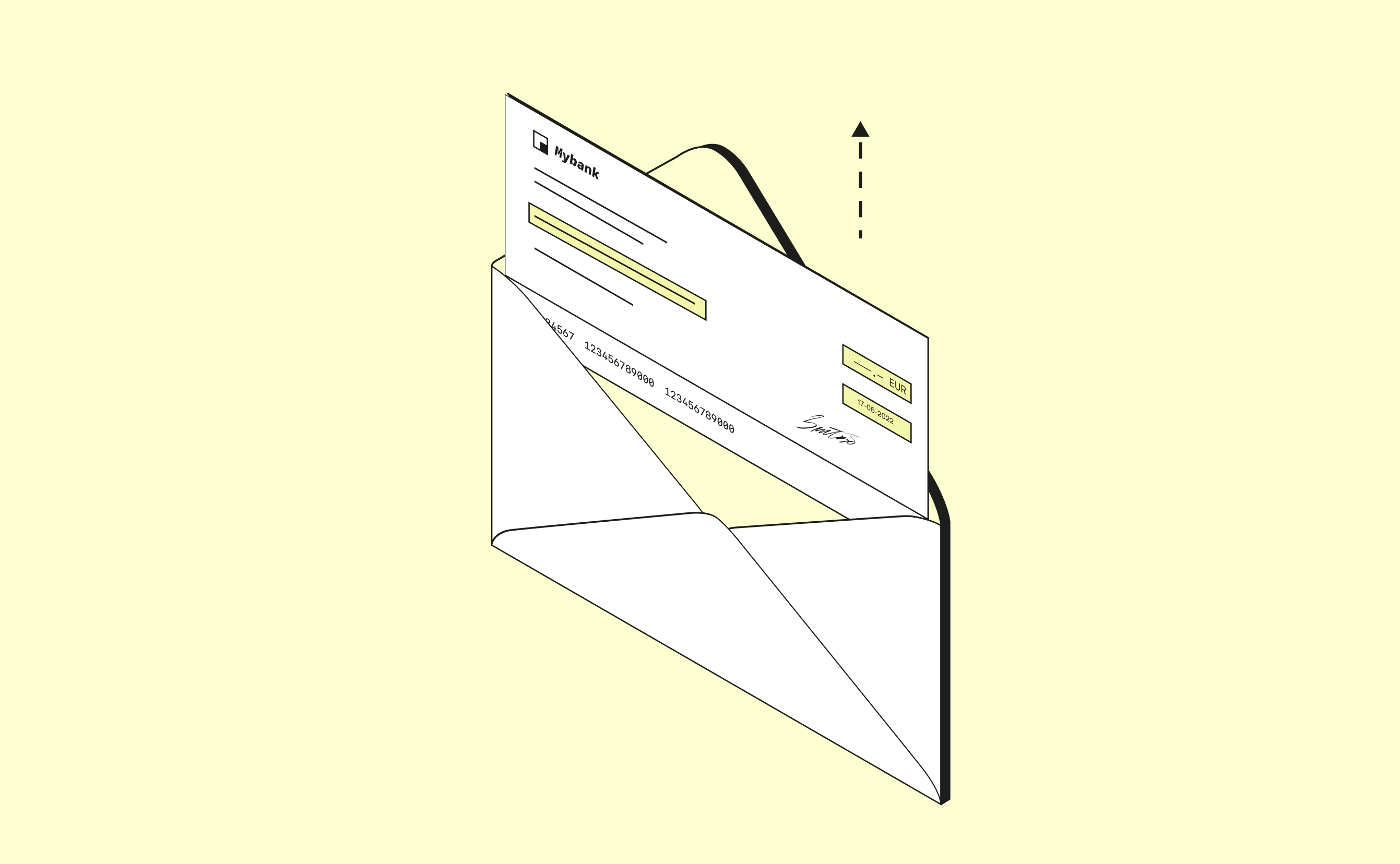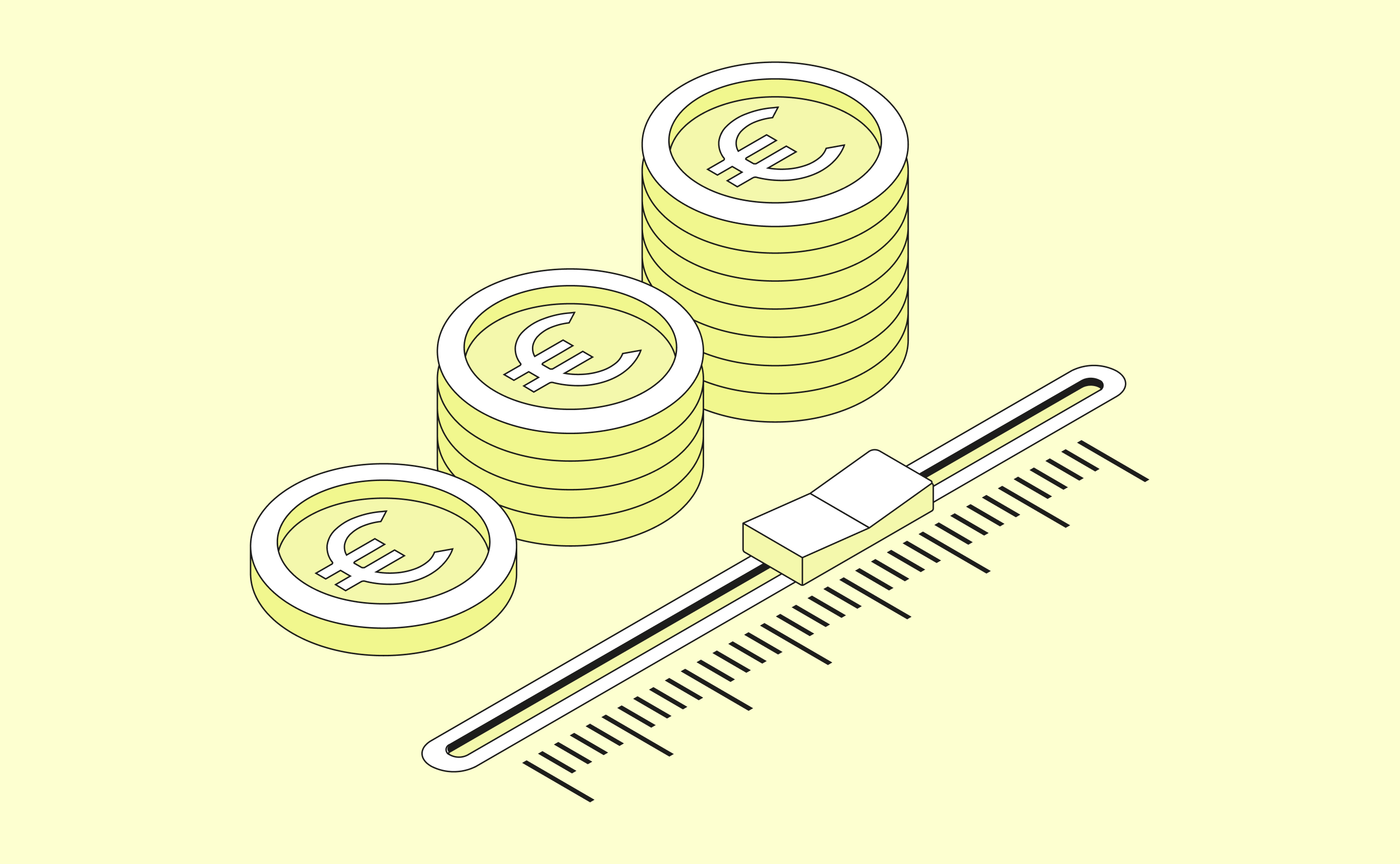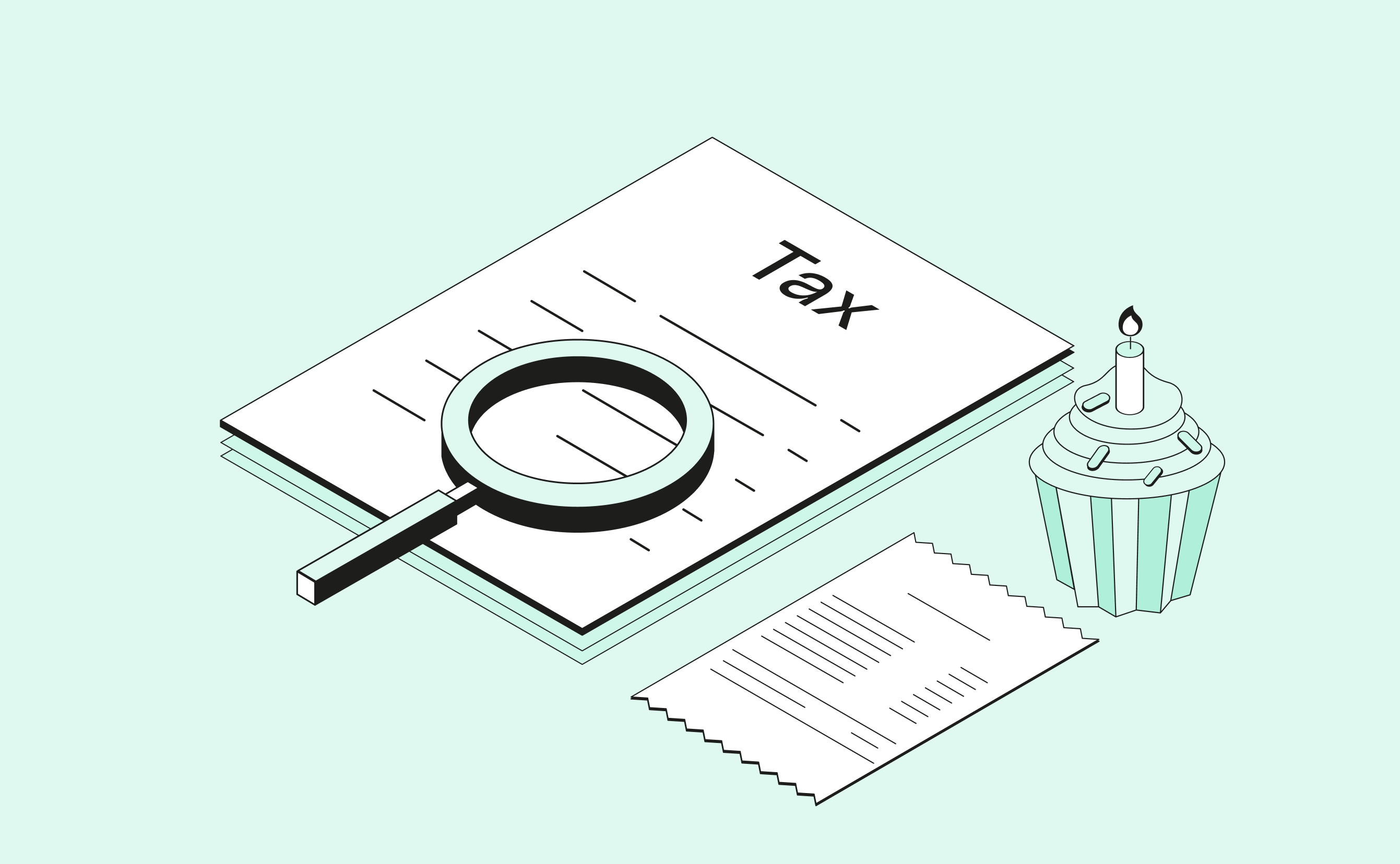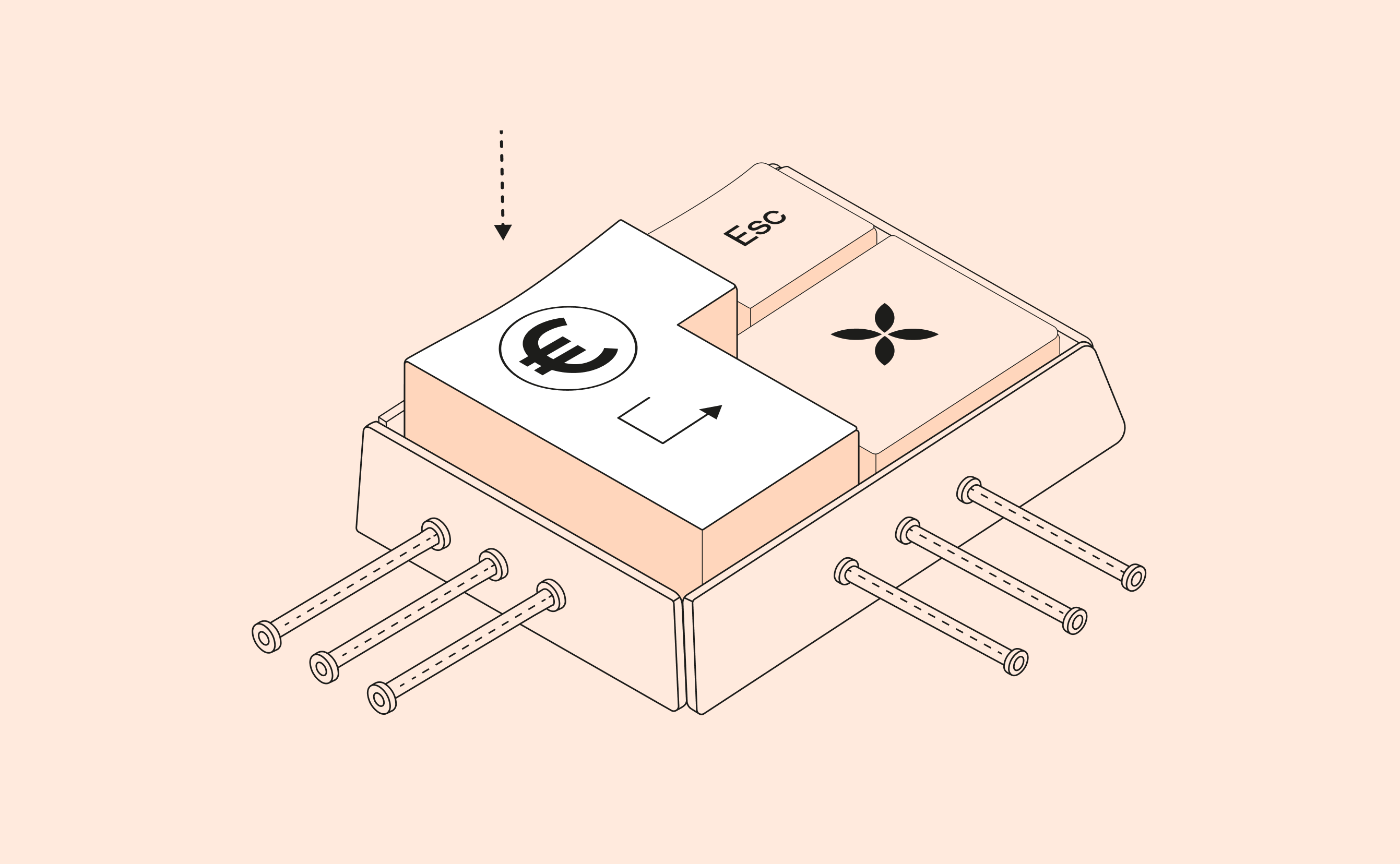Ever had the feeling your bank account isn’t cutting it? If you’re running a business of your own, with or without employees, you need a bank account that’s more than just a place to store your savings. You need versatility and adaptability, without sacrificing simplicity.
Do I Need a Business Account?

Business account vs personal account
Business accounts differ from personal ones in a number of crucial ways. The overall difference being to do with versatility.
Can I use a personal account for my business?
Because business banking offers so many advantages for business owners, you might do the following when trying to run your business from your personal account:
- Complicate processes otherwise simplified by business accounts
- Lose track of personal and business expenses
- Manage your team inefficiently
- Spend too much time on admin
A business owner is also not allowed to conduct business transactions from their personal account, making it a requirement to at least have a second account.
Do I need a business account as a sole trader?
As a sole trader you might not see the point of having a business banking account. This is because, when you look up the advantages of a business account, they focus on team-based management features and things that benefit someone managing several expense accounts. And while sole traders can hire staff, they generally remain solo. So it seems like it wouldn’t be worth going to the trouble of setting up a business account just for yourself.
Do I need a business bank account for a limited company?
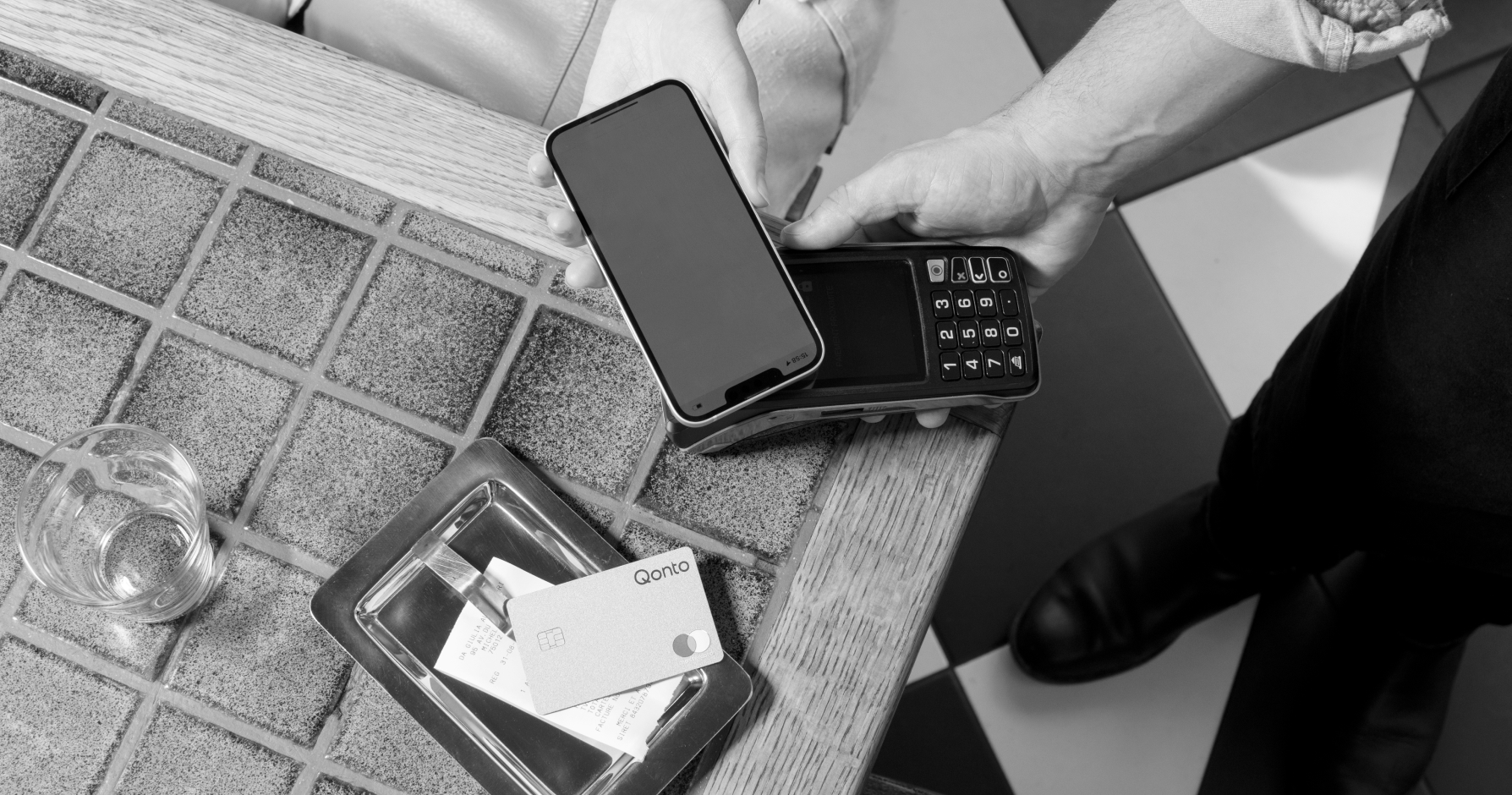
Limited liability companies in Germany are ones entered into the commercial register. It’s important for LLC owners to open a business banking account from a shareholder’s perspective. Having several people invested in a company means complicated cash flows and accounting needs, which can be simplified with business banking.
Do I need a business bank account when I’m self-employed?
Freelancers make a great deal of business transactions and have more complicated accounting duties. Because they are not usually set up in an office or employing staff, freelancers’ transaction histories can become complicated.
Top 5 reasons to open a business bank account
Business banking has plenty of advantages for the person who needs it. Here are the top 5 reasons you might benefit from business banking.
Separate your personal and business expenses
Keeping your personal and business expenses independent of each other will allow you to make intelligent purchases that best serve your business. You will develop a better financial reputation, making yourself more able to apply for loans. Come tax time, you will also save yourself the trouble of sifting through purchases and trying to remember which are tax deductible and which aren’t.
Integrate accounting software
Accounting software integration means making it easy to do your accounting, your way. Business banking allows you to create a bridge between your accounts and your bank account, meaning your purchases, clearly split into personal and business expenses, can be directly prepared for your tax return.
Mobile device banking
Mobile banking is the way to bank in today’s world, and business banking should be no different. Attending team lunches or events, you want to be able to delineate expenses and perform tasks on the go, without needing to come back home or to the office.
Affordable, tax-deductible fees
Business banking services come with monthly fees, but did you know these fees are tax deductible? Maintaining a business banking account is a business expense, so you can claim it on your annual tax return, reimbursing yourself of all the useful features that come with a business banking account.
Community of professionals
Being an entrepreneur can be lonely. You miss out on the company team events and the camaraderie of company commitment. Fortunately, it doesn’t have to be this way. Business banking connects you to a network of other solo professionals like yourselves, many of whom are keen to swap ideas and connect those isolated islands entrepreneurs maroon themselves on.
What do I need to open a business account?
Requirements will depend on the region in which you’re opening an account, and the kind of business you’re running. Generally, you can expect the following requirements:
- An officially registered business
- Share capital
- Tax identification information
- Signed copies of business registration by all shareholders
- A phone or mobile device
- Internet connection
Business banking is all about making things easier for yourself. With a business banking account, you can do much more than you would be able to with only a personal one. Entrepreneurship is challenging enough as it is, don’t make it the banking part of it even harder.
- Where personal accounts serve the general needs of the individual, business accounts serve the specific needs of the business owner
- Using a personal account for your business is inconvenient and will create a whole host of problems
- Sole traders benefit from the efficiency of business accounts
- LLCs with a business account can better clarify cash flows for shareholders
- Freelancers can easily separate personal and business expenses with a business account
- Requirements to open an account will depend on your region and type of business
